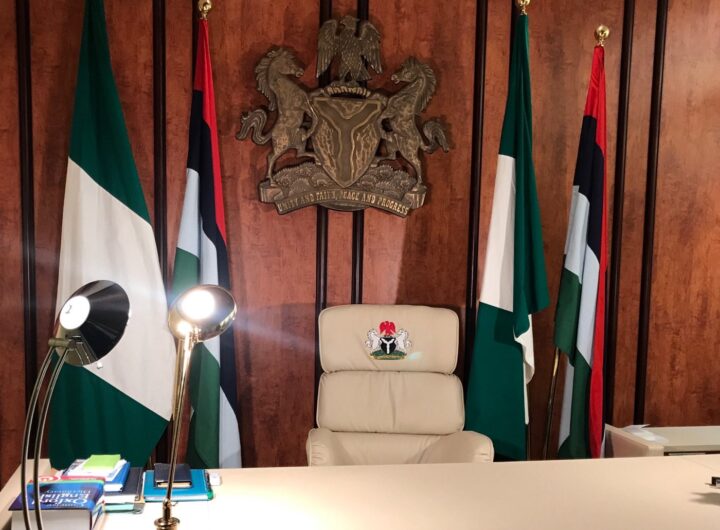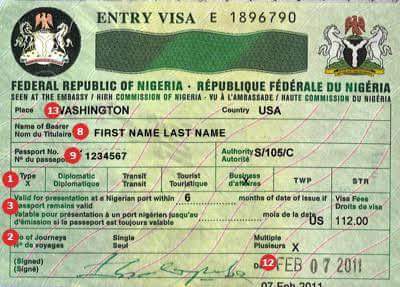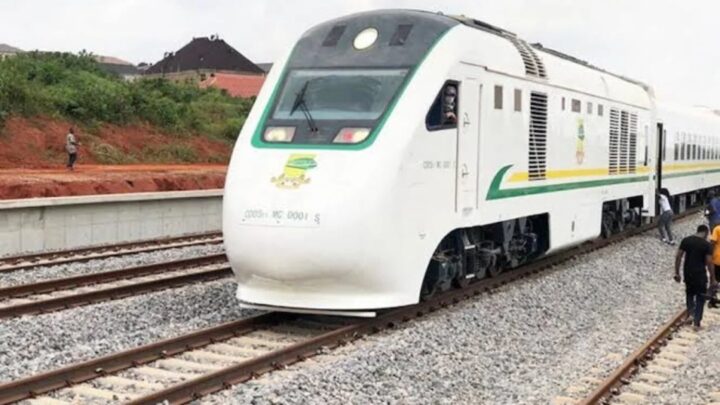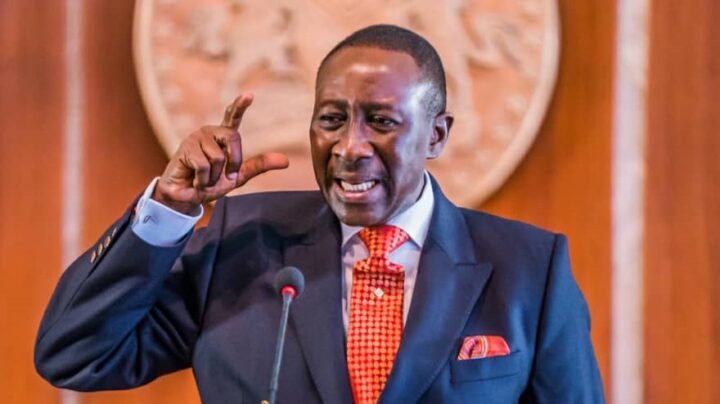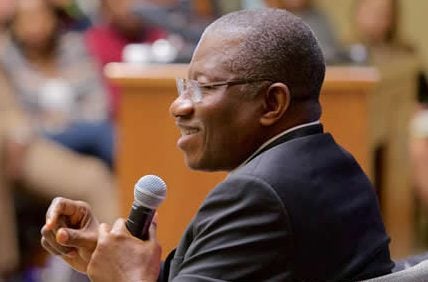Catriona Laing, British high commissioner to Nigeria, says Nigeria’s next president should increase taxes and address the issue of multiple exchange rates.
In October 2022, the International Monetary Fund (IMF) had asked the Nigerian government to improve on efforts to address revenue mobilisation.
“Another aspect, I would say, Nigeria’s case was where tax revenues are really low. And this really undermines the capacity of the government to react to shocks and provide key services,” Paulo Medas, division chief, IMF fiscal affairs department, had said.
“So I would say in the case of Nigeria, the priority is in need to increase domestic revenue generation. You need to increase the state’s capacity to address the needs of the country and these will also help make fiscal policy more consistent to ensure economic stability.”
Advertisement
Meanwhile, on multiple exchange rates, the Association of Bureaux De Change Operators of Nigeria (ABCON) has called for collaboration with the Central Bank of Nigeria (CBN) to address the issue.
Speaking on Tuesday in an interview on Channels Television, Laing listed three major decisions the next president should take.
The UK envoy said the next president should also remove petrol subsidy and seek ways that will not hurt the poor.
Advertisement
She added that the next president should build a “strong inclusion team” which will especially include youths and women.
“It is going to be the economy — number one — because that is holding Nigeria back. The economy failing is also causing a lot of insecurity,” she said.
“There are two or three key decisions that the incoming president has to take.
“Number one is to remove the fuel subsidy, but to do it in a way that protects the poor people.
Advertisement
“Secondly is to tackle the multiple exchange rates. Businesses will not invest in this country if they can’t secure their foreign exchange.
“Three, raise taxes. You have one of the lowest tax ratios in the modern world. Without raising revenue, you can’t invest in public services. And public services — infrastructure, education — are key to the future.”
Add a comment
